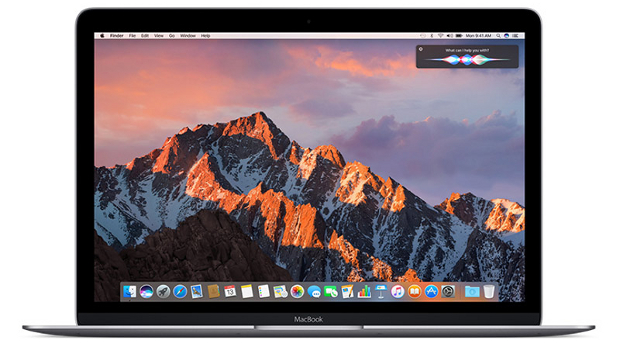Apple will steal a march on Microsoft this year when for the first time this century shipments of devices powered by its operating systems outnumber those running Windows, according to research firm Gartner.
In 2017, Apple’s combination of iOS and macOS – the former on iPhones and iPads, the latter on Macs – will take second place from Windows on the devices shipped during the year. The gap between the two will widen in 2018 and 2019, with Apple ahead of Microsoft both years.
According to Gartner, which provided Computerworld with its latest device shipment forecast broken out by operating system, in 2016 Windows powered about 260 million devices of the 2.3 billion shipped during the year. Windows accounted for approximately 11.2% of the total devices, which overwhelmingly ran Google’s Android.
Meanwhile, iOS and macOS – the latter was formerly dubbed OS X – sank to 248 million devices in 2016, a 10% drop from the year prior. The cause: Slackened sales of the iPhone, Apple’s dominant device and biggest money maker.
Gartner predicted that iOS and macOS, unlike Windows, will recover in 2017. Apple’s OSs will climb 8% to 268 million this year, add 3% in 2018 to reach 276 million, then increase another 3% in 2019, with that year’s device shipment forecast at 285 million.
Windows will dip this year, then stagnate for the following two years.
Microsoft’s operating system will power about 252 million devices shipped in 2017 – the bulk of them personal computers – for a year-over-year decline of 3%. Windows will account for 253 million devices in 2018 (for a near-zero growth rate) and 257 million devices in 2019 (an annual growth rate of 1.8%). The gap between Microsoft and Apple – 12 million last year, with Microsoft atop – will widen to 27 million by 2019.
Gartner’s forecast was another gloomy report on almost every device category, with shipments flat this year compared to last and growth not projected until 2018.
“The global devices market is stagnating,” said Gartner analyst Ranjit Atwal. Mobile phone shipments are growing only in emerging markets in the Asia and Pacific markets, Atwal added, and noted that, “The PC market is just reaching the bottom of its decline.”
The PC industry’s troubles have affected Microsoft most of all; Windows is almost entirely dependent on PC shipments, which have been stuck in a protracted slump. Future shipments were further hit when Microsoft walked away from the smartphone business last year.
Gartner pegged total shipments of PC-like devices at 268 million for 2016, a 7% contraction from the year before, and contrary to an October forecast, now says shipments would again decline in 2017, dropping 0.7% to 266 million. Circumstances will improve only marginally in the two years following, as shipments rise to 272 million in 2018 and 278 million in 2019. The new normal is a sub-300 million market.
PCs will not disappear – something some pundits fretted about as the sales and shipment downturn extended past earlier records – but the business has been hard hit: In 2012, for instance, more than 350 million PC-like devices shipped globally.
Gartner is still betting that a PC replacement cycle will boost shipments, even if only slightly. In October, Gartner said the PC business would claw its way back into the black in 2017; this prognosis is that growth won’t occur until 2018.
Most analysts have essentially written off growth in the consumer portion of the PC market. Instead, they expect that any gains will come from commercial customers, who still rely on personal computers, as they try to transition from Windows 7 to the newer Windows 10 before Microsoft retires the former in three years.
IDG News Service







Subscribers 0
Fans 0
Followers 0
Followers